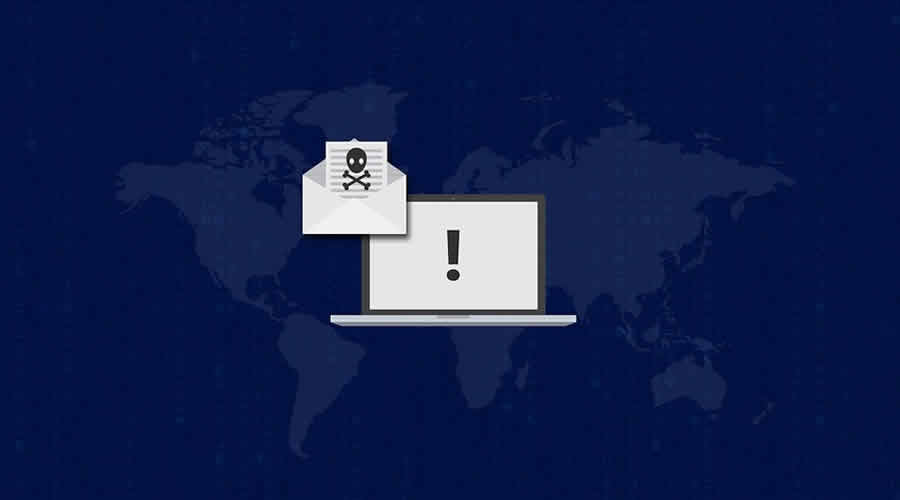Have you ever been a victim of a malware attack? Everywhere we go, we see people glued to their electronic devices; smartphones, tablets, smart TVs, etc. The internet and interconnectivity have permeated almost every aspect of our lives. So much of who we are is part of our internet presence, and that’s why it’s essential to make sure that your valuable information is as secure as possible.
There are thousands of different forms of malware – software that causes computer malfunctions and often steals and shares personal information – that can interfere with your business. Here are some simple and straightforward, safe browsing tips to help preempt a malware attack.
Contents
Install and Update Your Anti-Malware Software
Protection is probably the most glaringly obvious tip on our list. That’s why we’ve put it first. It’s easy to forget the obvious, and even easier to forget to do these simple but important things. After all, what are the chances of your computer getting a virus?
Quite high, actually.
Installing anti-malware is the first and most crucial step for keeping your files safe from malignant software. There are also many anti-virus programs you can purchase, and some you can even get for free.
Be Wary of File-Sharing Sites
File-sharing sites can seem like a necessity. They provide you with the ability to move information from all over the world peer-to-peer, as well as storing your data online. For many of us, this is more secure than using external hard-drives. And most of the bigger players (such as Dropbox, Google Drive, etc.) are as reliable as they come.
But other sites, particularly torrenting sites like PirateBay and RARBG, are notoriously susceptible to viruses and the like. Each file is only as trustworthy as the strangers who are sharing it with you, so be careful.

Watch What You Click
We’re so inundated by information when it comes to our online lives that it can be easy to click without precaution. But this is one of the quickest and easiest ways that you can open yourself up to malware. This can happen if you’re not paying enough attention while you browse.
Be careful not to click on scam sites while you scroll through your Facebook feed. Never open suspicious links sent through anonymous emails. And be wary of the wi-fi networks you log in to in public. An open network doesn’t necessarily mean a secure network; in fact, it usually means the opposite. Paying close attention to your browsing behavior will save you trouble in the long run.
Stronger and Longer Passwords
Do you know what one of the most commonly used passwords is? It’s “password1234”. People tend to reuse the same simple password for every site they sign up to, often the same passwords they’ve been using for years.
It can be challenging to make a unique password for every site and remember it. Keeping all your passwords written down is not secure either. But, maintaining this password behavior can easily lead to trouble.
A way of combating this might be to use a password manager – a key that stores all of your passwords and encrypts them. That way, you only need to remember one master password to access them all.
Take Care of Your Online Safety and Confidential Data
At the end of the day, cyber-security is essential in today’s world. And if you fail to preempt malware attacks, there are ways to protect yourself even in the aftermath of a severe security breach.
It is also good to remember that data safety is not only ensured by protecting your computer. Any obsolete hardware you own, such as hard drives, flash drives, mobile phones, and other devices that you no longer use most likely will still store confidential data that can be stolen.
There are companies like AGR that help with this; they completely wipe any sensitive information left on old devices.
So How Do You Protect Yourself?
It’s easy to underestimate the sensitivity of online information, but just remember that everything you put into the ‘webisphere’ is being stored. You wouldn’t leave your wallet or your high school diary in a public place and expect no one to take or read them.
Download and install anti-virus software. Be very careful which file sharing sites you use. Update your passwords to be stronger. Choose smarter ways to dispose of your old devices. As long as you keep these simple steps in mind, you should be safe from any malware attacks on your personal information.


